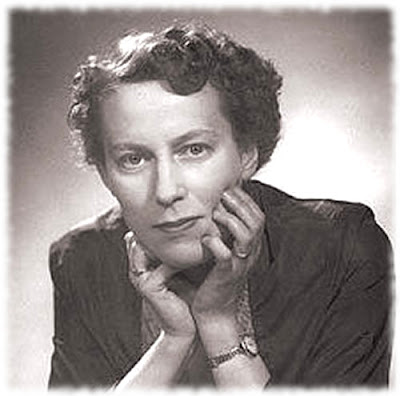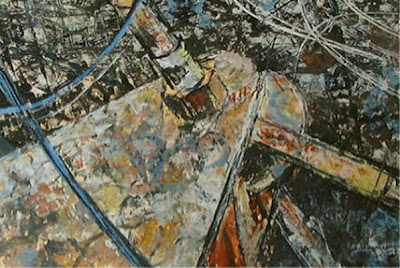Britten's passion for the East

In a recent post I described the 2012 Aldeburgh Festival presentation of Jordi Savall's Mare Nostrum as a "bold piece of programming". But on reflection perhaps the performance of this transcultural work in the Snape Maltings is not so much bold as appropriate in view of Benjamin Britten's pioneering role in what later became known as world music. Britten's initial interest in Far Eastern music was sparked by his friendship with the Canadian composer and ethnomusicologist Colin McPhee, who he met when living in New York between 1939 and 1942. There is more on this friendship in my post Colin McPhee - East collides with West , and the photo below shows the two composers in New York c. 1940. Britten's first operatic venture Paul Bunyan was composed in New York and Balinese influences can be heard in its Prologue, while in 1941 McPhee and Britten recorded McPhee's transcription for two pianos of Balinese Ceremonial Music . This exposure to a different...




